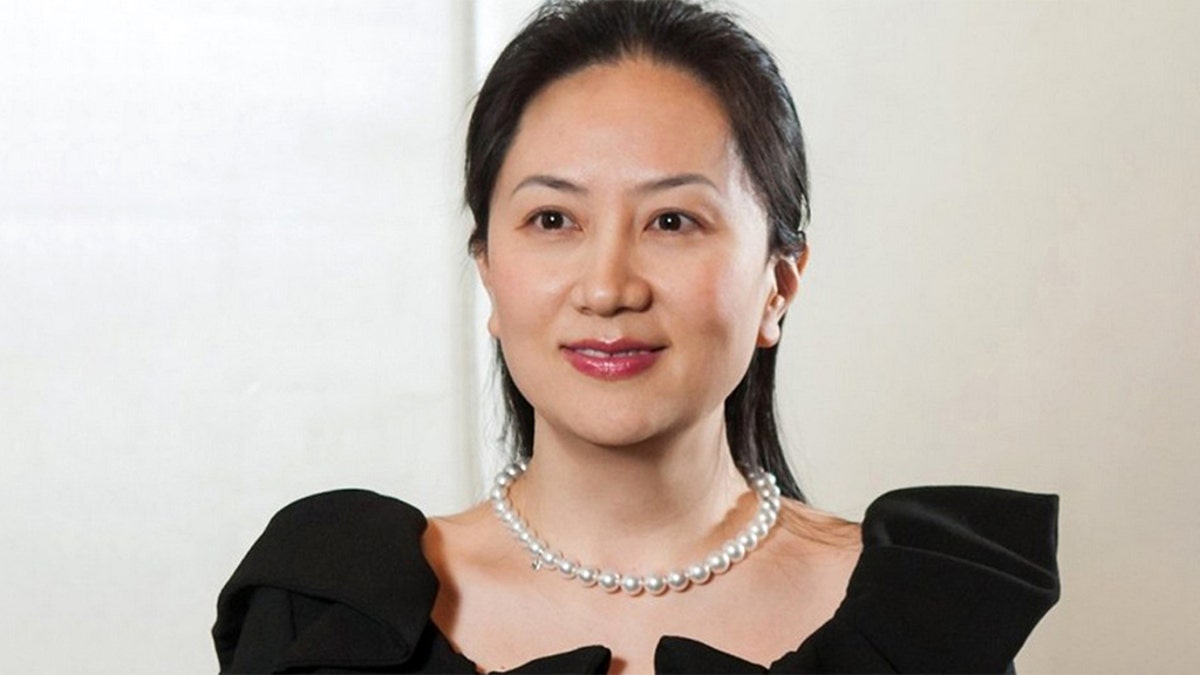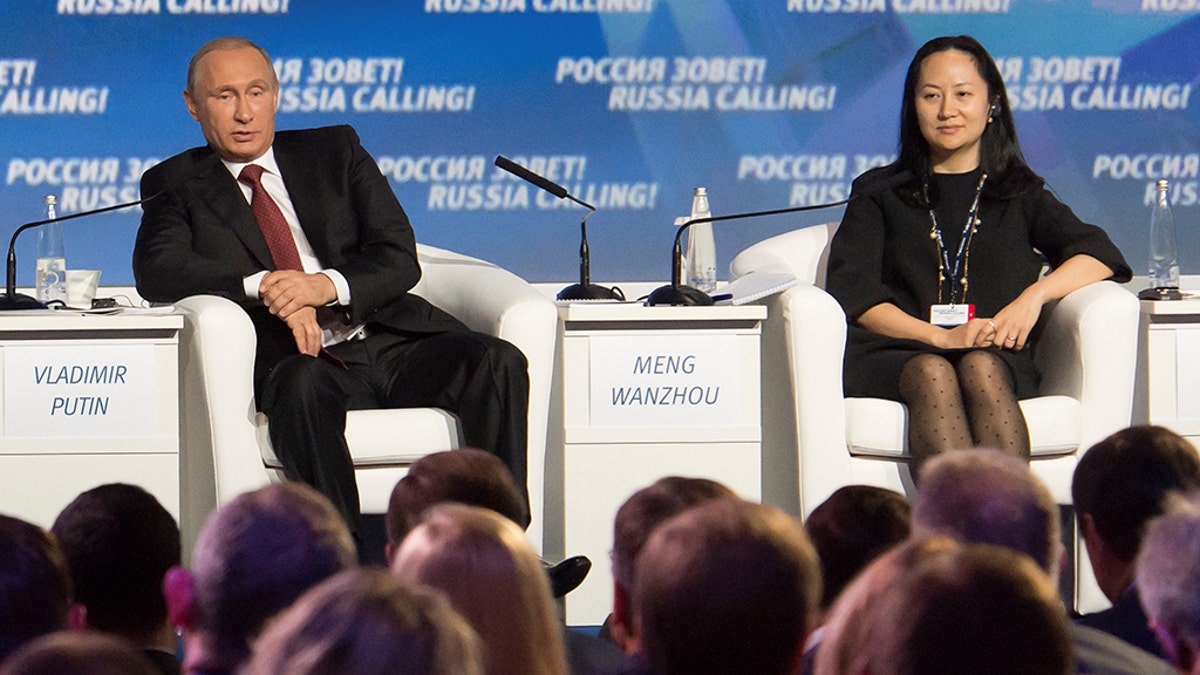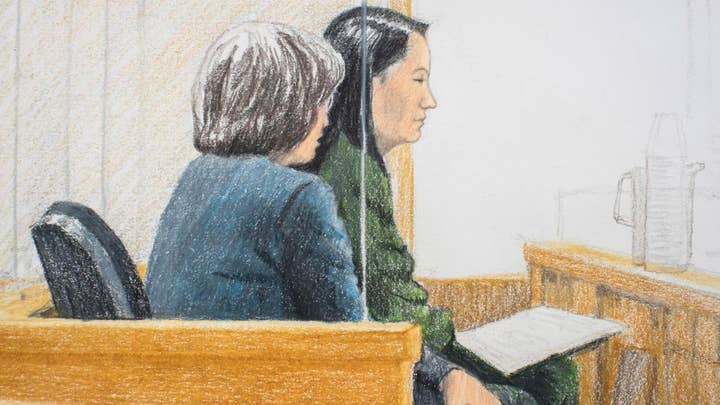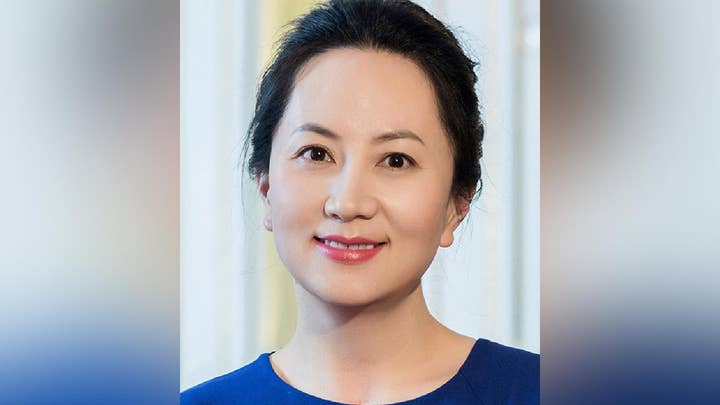
Justice William Ehrcke announced his decision to grant Meng Wanzhou bail Tuesday after 2 1/2 days of hearings. Meng is the chief financial officer of telecommunications giant Huawei and also the daughter of its founder. (Mfc/Ropi via ZUMA Press, File)
A Canadian judge on Tuesday granted bail to Meng Wanzhou, the Chinese telecom executive facing possible extradition to the U.S. after she was detained in Vancouver earlier this month.
Justice William Ehrcke announced his decision after three days of hearings.
He granted bail of $10 million Canadian (US$7.5 million) to Meng, but required her to wear an ankle bracelet, surrender her passports, stay in Vancouver and its suburbs, and confine herself to one of her two Vancouver homes from 11 p.m. to 6 a.m.
Meng's case has led to the apparent detention of a former Canadian diplomat in Beijing and complicated high-stakes U.S.-China trade talks.
She is the chief financial officer of telecommunications giant Huawei and also the daughter of its founder.
Meng was detained at the request of the U.S. during a layover at the Vancouver airport on Dec. 1 — the same day that Presidents Trump and Xi Jinping of China agreed to a 90-day cease-fire in a trade dispute that threatens to disrupt global commerce.
SOURCE: CHINA PLANNING TO ROLL BACK U.S. AUTO TARIFFS
The U.S. has accused Huawei of using a Hong Kong shell company to sell equipment in Iran in violation of U.S. sanctions. It also said Meng and Huawei misled banks about the company's business dealings in Iran.

Russia's President Vladimir Putin and Meng Wanzhou at a session of the VTB Capital Investment Forum "Russia Calling!" in Moscow, Russia, in October 2014. (REUTERS/Alexander Bibik, File)
Huawei is the biggest global supplier of network gear for phone and internet companies and has been the target of deepening U.S. security concerns over its ties to the Chinese government. The U.S. has pressured European countries and other allies to limit use of its technology, warning they could be opening themselves up to surveillance and theft of information.
The U.S. and China have tried to keep Meng's case separate from their wider trade dispute and suggested Tuesday that talks to resolve their differences may resume.
Still, Trump undercut efforts to distinguish between trade talks and the Huawei case. He told Reuters on Tuesday he would consider intervening in the Justice Department's case against Meng if it would be in the interest of U.S. national security or help forge a trade deal with Beijing.
CHINA DETAINS CANADIAN EX-DIPLOMAT
The Chinese government said its economy czar had discussed plans with Treasury Secretary Steven Mnuchin and Trade Rep. Robert Lighthizer for talks aimed at settling the two countries' differences. Lighthizer's office confirmed he had spoken by phone with Chinese Vice Premier Liu He.
The news that trade negotiations may resume lifted stock markets around the world.
The United States has slapped tariffs on $250 billion in Chinese imports in response to complaints Beijing steals American technology and forces U.S. companies to turn over trade secrets.
Tariffs on $200 billion of those imports were scheduled to rise from 10 percent to 25 percent on Jan. 1. Trump agreed to postpone those by 90 days while the two sides negotiate.
Canada's public safety minister said Monday the government has been deeply concerned about the Canadian detained in China — confirming that the former diplomat was being held in Beijing amid the dispute between the two counties over Canada's arrest of Meng.
Minister Ralph Goodale said the government was sparing no effort to look after ex-diplomat Michael Kovrig's safety.
China had warned Canada of consequences for arresting Meng.
Goodale said there was no explicit indication at this point that the cases were related, and he said Canada was working to determine why Kovrig was detained.
The Associated Press contributed to this report.

